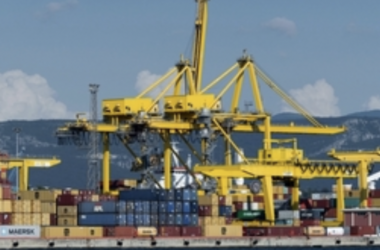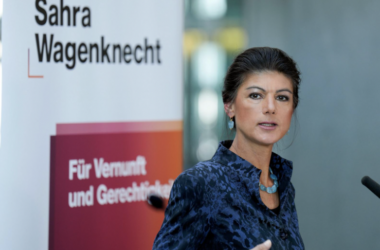Switzerland’s proposed new deal with the European Union, aimed at resetting their relationship, is facing intense opposition ahead of the ratification process.
The country’s largest political party, the Swiss People’s Party (SVP), has slammed the agreement, calling it a “subordination treaty” that would result in “the total submission of Switzerland to the EU.”
On December 20, SVP members held a protest in Bern against the deal. Party President Marcel Dettling carried a placard that read, “Today the fight begins.” The protest, which took place outside the Swiss Parliament in Bundesplatz, violated political rally restrictions and was dispersed by police. SVP secretary-general Henrique Schneider was detained as officers took his details.
The agreement comes after more than 200 meetings between Swiss and EU officials, aiming to update their long-standing relationship. European Commission trade commissioner Maroš Šefčovič, who helped lead the negotiations, reported on December 7 that only a few issues remained, including the amount Switzerland would contribute to the EU’s cohesion fund. Switzerland had originally proposed a fluctuating contribution of about SFr 130 million (€140 million) annually, but the EU insisted on a fixed amount.
Other contentious points were also resolved, such as a “safeguard clause” allowing Switzerland to halt the free movement of people and discussions regarding Switzerland’s role in the EU’s electricity sector. Despite these agreements, the SVP remains firmly opposed, making it clear that domestic approval will be a tough hurdle to clear.
With the SVP commanding 29.9% of voter support, according to a December 3 poll, the Swiss government is planning to break the agreement into up to four separate referendums to increase its chances of approval. However, EU-critical groups, like Kompass/Europa, argue that there should only be one vote on the matter.
In light of the political resistance, European Commission President Ursula von der Leyen plans to visit Bern before Christmas. EU officials hope to have the agreement ratified within two years, following the precedent of the two previous EU-Swiss bilateral deals. However, the Swiss government has indicated that a referendum before the 2027 elections may be unlikely.




